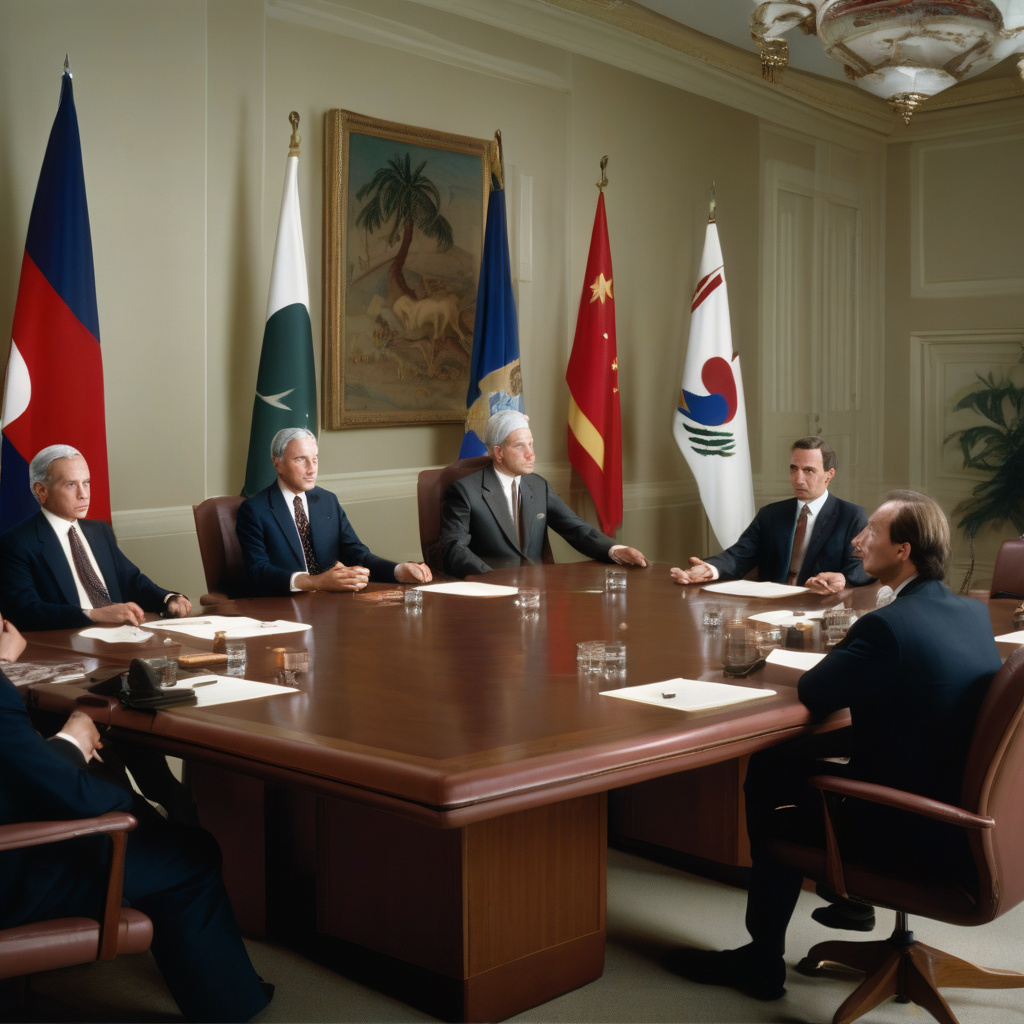Three Nations Outline Cyber Law Views Ahead of UN Talks
As the digital world continues to expand and intertwine with every aspect of our lives, the need for clear and comprehensive cyber laws becomes increasingly evident. More countries are stepping up to the plate, publishing their national positions on the applicability of international law to cyberspace. These views delve into crucial aspects such as sovereignty, due diligence, and the use of force in the digital realm, setting the stage for important discussions at the upcoming final UN cyber dialogue session.
One of the nations that have outlined their stance on cyber law is the United States. Known for its advanced cybersecurity capabilities and robust legal framework, the US has long been a proponent of applying international law to cyberspace. In its national position, the US emphasizes the importance of respecting state sovereignty in the digital domain while also calling for accountability and responsible state behavior. By highlighting the need for due diligence in preventing cyber attacks and clearly defining the circumstances under which the use of force is permissible, the US sets a strong example for other nations to follow.
On the other side of the globe, Russia has also made its cyber law views known. As a key player in the global cybersecurity landscape, Russia’s position paper underscores the principle of state sovereignty as a cornerstone of international law in cyberspace. However, Russia takes a slightly different approach by advocating for a greater role for states in regulating the digital sphere. By promoting the concept of cyber sovereignty, which emphasizes the right of states to govern the internet within their borders, Russia raises important questions about the balance between national control and international cooperation in cyberspace.
Meanwhile, China has put forward its perspective on cyber law, reflecting its growing influence in the digital world. In its national position, China asserts the need for a multilateral approach to governing cyberspace, with an emphasis on mutual respect, equality, and cooperation among states. By advocating for the peaceful use of cyberspace and rejecting the use of force or interference in other countries’ internal affairs, China signals its commitment to upholding stability and security in the digital realm.
The publication of these national positions comes at a critical juncture as the international community prepares to convene for the final UN cyber dialogue session. With divergent views and approaches to cyber law on the table, the upcoming talks promise to be both challenging and enlightening. By openly sharing their perspectives and engaging in constructive dialogue, nations can work towards a common understanding of the rules and norms that should govern cyberspace.
In conclusion, the articulation of national positions on cyber law by countries such as the United States, Russia, and China underscores the growing recognition of the importance of international law in the digital age. By addressing key issues such as sovereignty, due diligence, and the use of force, these nations are paving the way for meaningful discussions and potential agreements on cyber governance. As the world grapples with the ever-evolving challenges of cyberspace, collaboration and cooperation among nations will be essential to ensure a safe and secure digital future.
cyber law, international law, UN talks, sovereignty, due diligence












